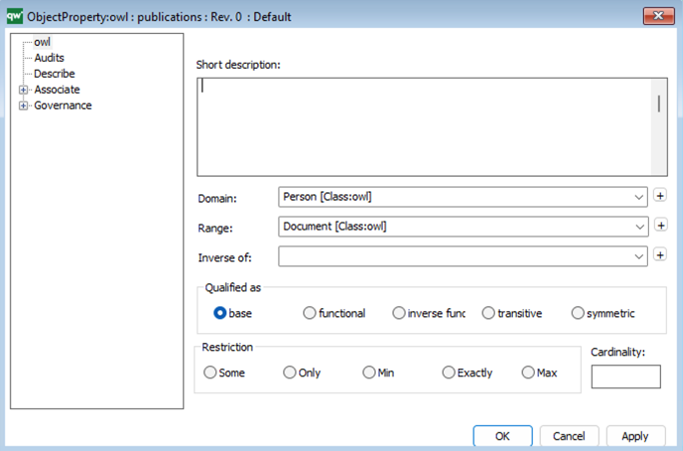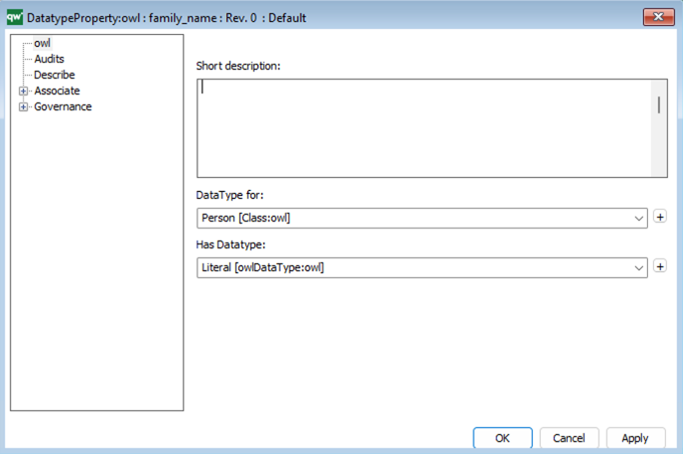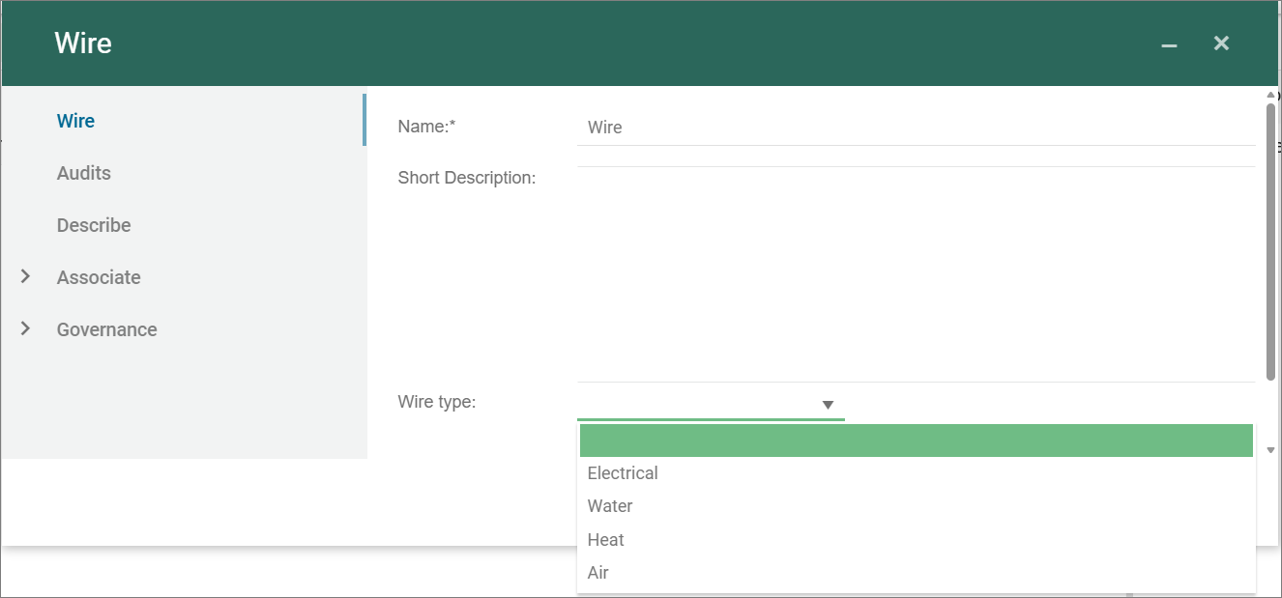Represents an unspecified relationship, or one that is not represented by another ArchiMate relationship.
An association relationship is always allowed between two elements, or between a relationship and an element.
Represents an unspecified relationship, or one that is not represented by another ArchiMate relationship.
An association relationship is always allowed between two elements, or between a relationship and an element.
In a Business Process Notation (BPN), a “Resource” connection typically refers to a link between a task or activity in a process and the resource (e.g. person, equipment, material) required to complete the task.
Let’s say we have a process for creating a new product, and one of the tasks in the process is to design the packaging for the product. To complete this task, we need a graphic designer who has experience in packaging design. We can represent this resource requirement using the “Resource” connection in the BPN diagram.
The “Resource” connection links a business object to the specific resources needed to carry out a business process, while the “guide” connection links a business object to instructions or procedures that guide the execution of that process.
The ObjectProperty:owl template contains definitions, descriptions, and ontology characteristics according to the ontology diagrams which contain it. This content is synchronized at close of the diagram.
In the future, when there will be a rdf/owl (and possibly turtle and json) loader from a text source defining ontologies, these properties will be filled automatically, and the ontology diagram will also be generated.

An ObjectProperty associates two classes. It is described with:
It can be Qualified as :
These characteristics determine the appearance of the ObjectProperty in the diagram
It can bear restrictions :
The DatatypeProperty:owl template contains definitions, descriptions, and ontology characteristics according to the ontology diagrams which contain it. This content is synchronized at close of the diagram.
In the future, when there will be a rdf/owl (and possibly turtle and json) loader from a text source defining ontologies, these properties will be filled automatically, and the ontology diagram will also be generated.

A DatatypeProperty associates a class with a datatype, defining a property of the class . It is described with :
The Wire can be used to model connetions between components. It is possible to select between different types of wire, e.g. Electrical, Water, Heat or Air.

Value flow is a type of connection used in business process modeling to represent the flow of value or information between different elements in a process. It shows how inputs are transformed into outputs, and how value is added or changed as the process progresses.
In a business process network, value flow connections can be used to illustrate how different processes interact with each other, and how value is exchanged between different business units or stakeholders. Value flow connections may also represent the flow of information or data between different systems or departments and can help to identify opportunities for process optimization or improvement.
Transport system refers to the physical or virtual systems that are used to transport goods or information from one location to another within a larger system or network. A transport system can include a variety of components, such as vehicles, shipping containers, information technology systems, and other equipment that is used to move goods or information.
Arrows or lines may be used to show the direction and flow of transport within the system, as well as the connections between different components. For example, a line might connect a shipping container to a truck to represent the movement of goods from a warehouse to a shipping port. Similarly, a line might connect a computer network to a satellite to represent the transfer of information between different locations.
The template is used to model a connection from a strategic object to another object on a diagram, e.g. from a goal to a process.
Project contribution refers to the participation and contribution of different stakeholders or components within a project. It represents the roles and responsibilities of each stakeholder or component and their contribution to the overall success of the project.
Lines may be used to connect the goal of increasing customer satisfaction with the initiative to offer discounts to loyal customers, to represent how this initiative contributes to the achievement of the goal.
Interface between two products.